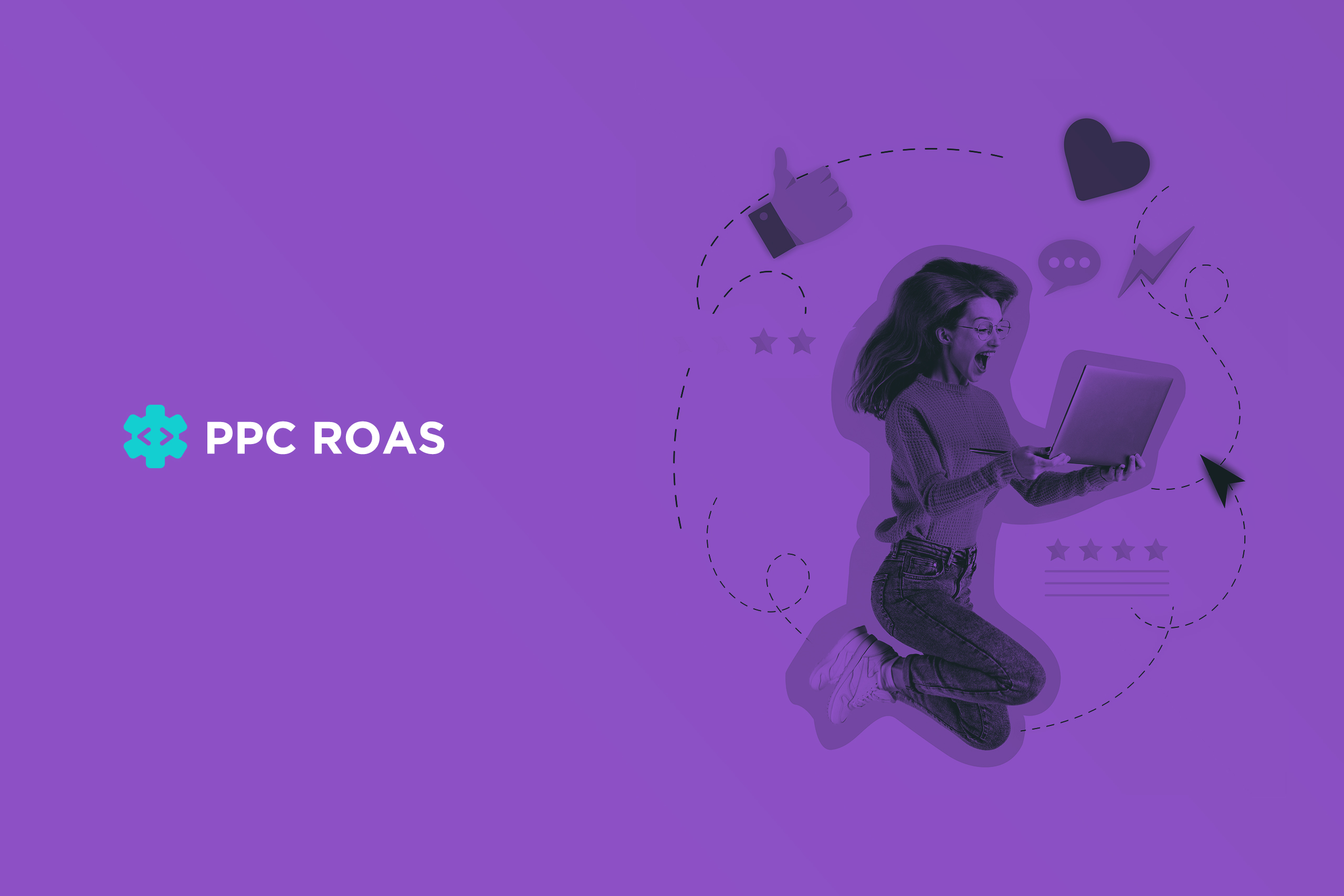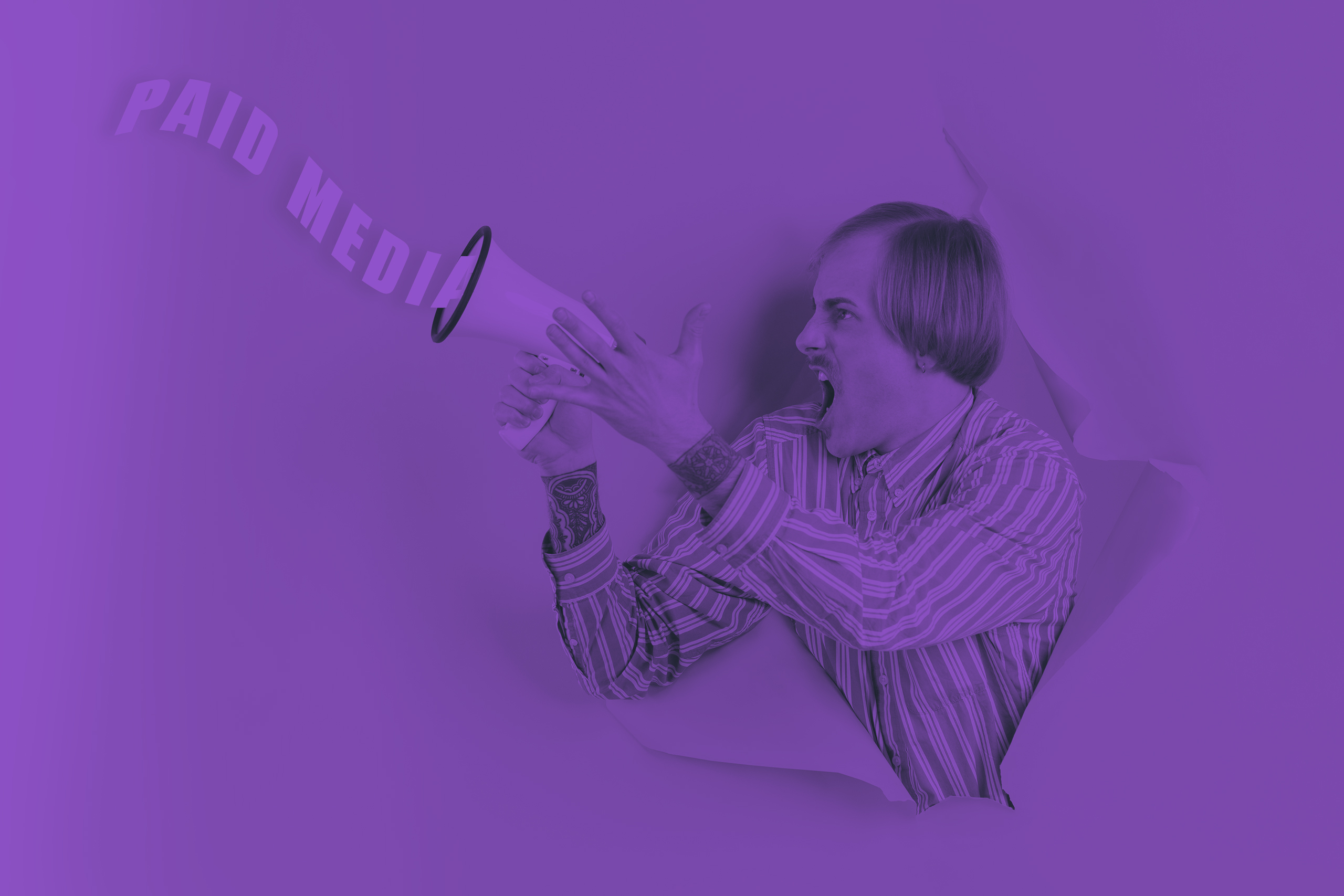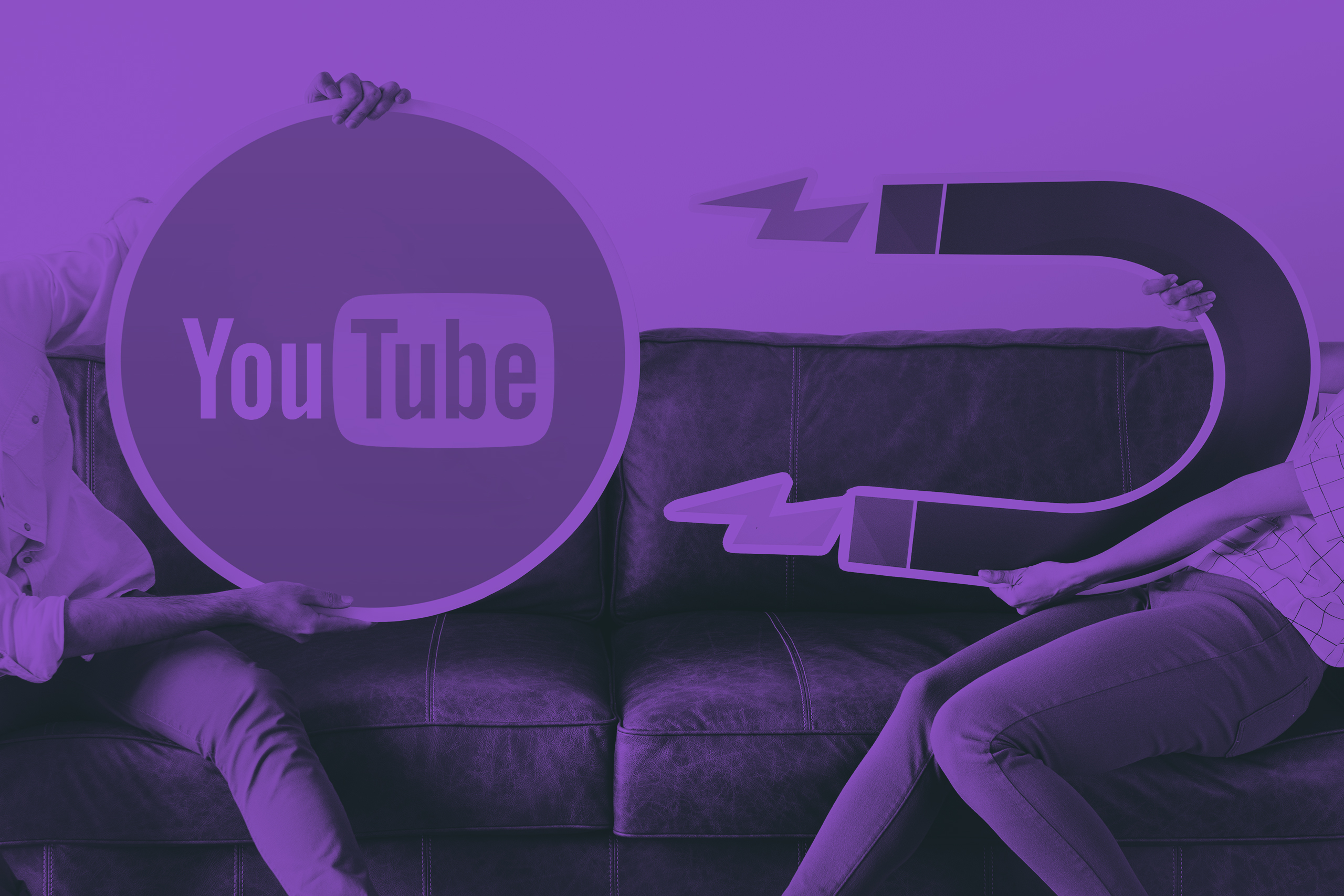If you haven’t been living under a rock for the last few years you most likely have heard of PPC: pay-per-click (PPC) advertising. PPC has gained popularity for its potential for exceptional return on ad spend (ROAS). Often considered a fast track to success and online digital presence. But is this so? Has PPC set the wrong expectation or is it a non-negotiable growth motion that all businesses should adopt?
In this article, we will break down PPC's understanding of the “success factor” ROAS and metrics and value associated with the world of paid media. We will also list a set of important considerations when starting out your PPC journey.
What is PPC?
PPC advertising is an online advertising model in which businesses pay a fee each time their ads are clicked. It allows businesses to display targeted ads on various platforms, such as search engines, social media networks, and websites, and pay only when someone clicks on their ad. The most common form of PPC advertising is search engine advertising, where businesses bid for ad placement in search engine results pages (SERPs) when users search for specific keywords.
PPC advertising is like having your own marketing auction on the internet. It's a digital strategy where businesses pay a small fee each time someone clicks on their ads. Picture it as a win-win situation: you get to showcase your ads to people who are actually interested in what you have to offer, and you only pay when someone shows genuine interest by clicking on your ad. It's like having a direct line to potential customers who are actively seeking what you have to offer.
So far so good, PPC seems like a linear equation headed for success. Read on to understand the power of targeted Ads and some of the issues associated with PPC.
The Power of Targeted Ads
PPC advertising offers businesses the advantage of displaying targeted ads to a specific audience. Through careful keyword selection, identification of buyer intent, demographic targeting, and ad scheduling, businesses can ensure that their ads reach the right people at the right time. This precision targeting helps maximize the relevance of ads, increase click-through rates (CTRs), and drive qualified traffic to their landing pages.
| Key Statistics Highlighting the Potential of PPC Advertising | Source |
| On average, businesses make $2 in revenue for every $1 spent on Google Ads | Google Economic Impact Report |
| PPC visitors are 50% more likely to make a purchase than organic visitors | Lunio |
| PPC ads can increase brand awareness by up to 80% | Litcommerce |
| 64.6% of all high-intent searches result in ad clicks | WordStream |
| Display ads have an average click-through rate (CTR) of 0.46% | WordStream |
| Remarketing campaigns can increase conversion rates by up to 70% | AdRoll |
| 75% of people say paid search ads make it easier to find the information they are searching for online | Clutch |
| 41% of clicks go to the top three paid ads on the search results page | WordStream |
| PPC advertising can provide an average return on investment (ROI) of 200% | WordStream |
As you can see, these statistics highlight the effectiveness and potential of PPC advertising when utilized properly. From generating revenue to increasing brand awareness and improving conversion rates, PPC has proven to be a valuable tool for businesses looking to maximize their online advertising efforts.
So as a business how do we measure the success factor or PPC? Success in Paid Media is measured by multiple factors, but one of the pillar KPIs is ROAS.
Measuring Success with PPC ROAS
ROAS, or Return on Ad Spend, is a vital metric used to evaluate the effectiveness of PPC campaigns. It measures the revenue generated for each dollar spent on advertising. ROAS provides valuable insights into the financial performance of PPC campaigns and helps businesses optimize their ad spending for maximum ROI. ROAS is calculated by dividing the revenue generated from ads by the cost of the ads and expressing the result as a ratio or percentage.
ROAS = Advertising Revenue / Advertising Cost
A higher ROAS indicates that the PPC campaign is generating more revenue compared to the advertising cost, indicating a successful and profitable campaign.
By understanding the ROAS of PPC campaigns, businesses can allocate their budgets more effectively and focus on channels and keywords that generate the highest returns.
The Power of PPC ROAS
Precise Audience Targeting
PPC advertising allows businesses to target their ads based on various parameters, including keywords, location, demographics, interests, and even specific devices. This level of targeting ensures that ads are displayed to the most relevant audience, increasing the chances of engagement and conversions. By understanding their target audience and utilizing robust targeting options, businesses can unlock the power of PPC advertising and achieve exceptional results.
Immediate Visibility and Control
One of the key advantages of PPC advertising is its ability to provide instant visibility. Unlike other marketing strategies that may take time to yield results, PPC ads are displayed immediately after the campaign goes live. This instant visibility allows businesses to quickly reach their target audience and drive traffic to their websites, resulting in increased brand exposure and potential conversions. Additionally, PPC campaigns offer businesses full control over their ad spend, allowing them to set daily or campaign budgets and make adjustments based on performance and goals.
Cost Control
One of the significant advantages of PPC advertising is that it allows businesses to have full control over their ad spend. Advertisers can set daily or campaign budgets, ensuring that they stay within their allocated budget. This cost control feature enables businesses to optimize their ad spend, allocate resources efficiently, and prevent overspending while maximizing their returns.
Flexibility and Scalability
PPC advertising offers flexibility and scalability to adapt to changing business needs and market dynamics. Advertisers can easily adjust their bids, keywords, and ad placements based on the performance and outcomes of their campaigns. This flexibility ensures that businesses can optimize their PPC efforts to align with their goals, target new markets, and explore new opportunities while maximizing their ROAS.
Measurable Results and Optimization
PPC advertising provides businesses with robust tracking and measurement capabilities. Through detailed analytics and reporting tools, businesses can monitor key metrics such as impressions, clicks, conversions, and ROAS in real-time. These insights enable businesses to evaluate their campaigns' performance, identify improvement areas, and optimize their strategies for better results. The ability to make data-driven decisions and refine campaigns based on actual performance is a significant advantage of PPC advertising.
A/B Testing and Iterative Improvement
PPC campaigns offer businesses the opportunity to conduct A/B testing to optimize their ads and landing pages. By creating multiple variations of ads, businesses can test different headlines, ad copies, call-to-action buttons, and landing page layouts to determine which elements drive the best results. Through iterative improvement and continuous testing, businesses can refine their PPC campaigns, increase their ROAS, and achieve exceptional returns on their advertising investment.
Enhanced Brand Visibility
Last, but not least, with PPC advertising, businesses can quickly increase their brand's online visibility. By bidding on relevant keywords and securing top ad placements, advertisers can position their brand in front of their target audience. This increased visibility not only drives website traffic and conversions but also boosts brand awareness, helping businesses gain a competitive edge in their industry.
Potential Downsides to PPC
PPC can be complex and often lead to frustration if mismanaged.
A few potential considerations for PPC to avoid you investing
- Don’t start PPC if you don’t have a crystal clear offer or value proposition
- Don’t run Ads to loose audiences: the better you know your ICP (ideal customer profile the better)
- Don’t “put your toes in the water” with reduced budgets, if you can’t allocate a minimal budget for your paid media efforts, PPC may not be the best channel for your business.
- Don’t run paid media if you don’t have a funnel or marketing automation set up to support your PPC efforts.
- Unless you are ready to dedicate time to learning PPC, hire a professional or Paid Media management company such as Yugo Media to run your ads. It requires extensive dedication, experience, and technical knowledge to successfully run and scale PPC.
- Attribution and conversions: what you can’t measure you can’t manage. Make sure to have your attribution and conversion tracking set up before running your Ads. Use Google Tag Manager to check your conversions are firing correctly.
- Don’t expect PPC to fix a sales problem. Paid Media will highlight your successes and unfortunately also your shortcomings. (This may sound harsh, and we are sorry in advance 😉 , but it's extremely necessary to communicate what you can and can’t do with Paid Media). Make sure you have a sales and marketing system set up before putting your hard-earned dollars into paid media. For example, leads that aren’t followed up are less likely to close than those that are. Paid Media can get you more leads and potentially help you close more, but if your sales are sloppy PPC can’t fulfill that role.
Conclusion
Wrapping up, PPC advertising, with its targeted approach, immediate visibility, and robust measurement capabilities, has become an indispensable tool for businesses aiming to maximize their ROI and ultimately scale.
By focusing on your PPC ROAS and understanding how to maximize your ROI, businesses can achieve exceptional returns on their ad spend.
At Yugo Media, a marketing company specializing in digital strategies, we have extensive experience in PPC advertising and can help you safely scale your paid media.







